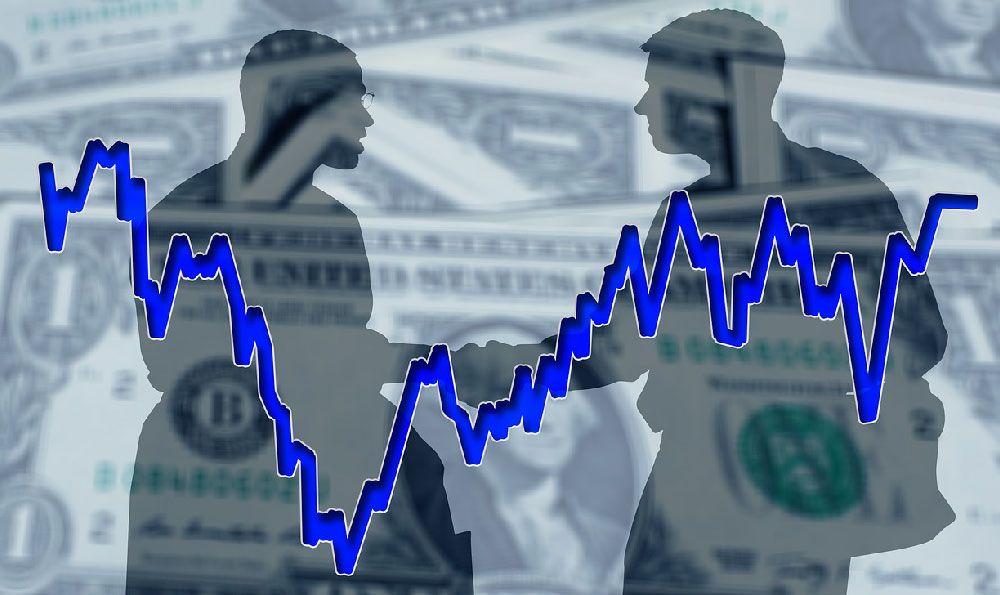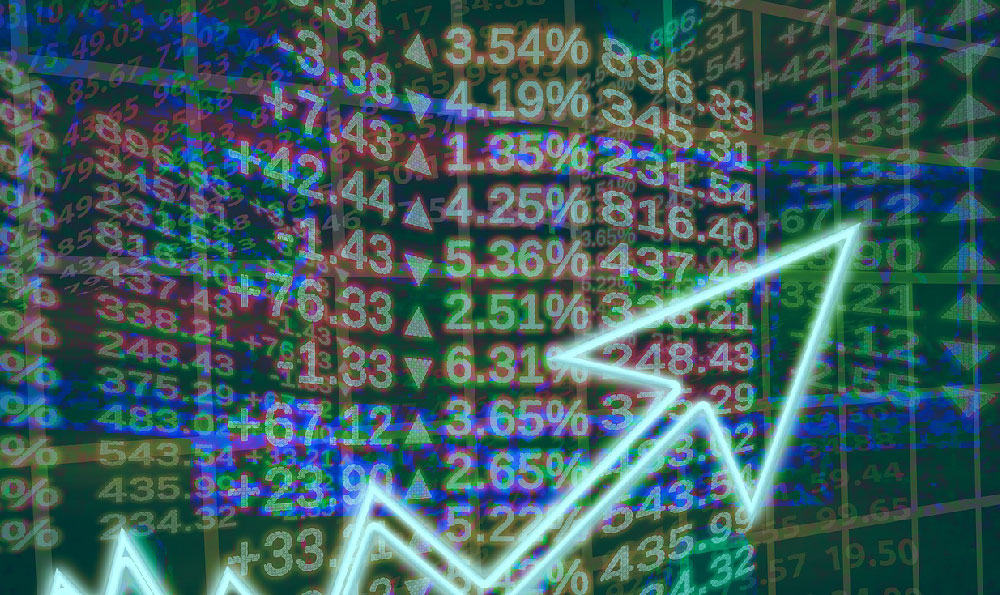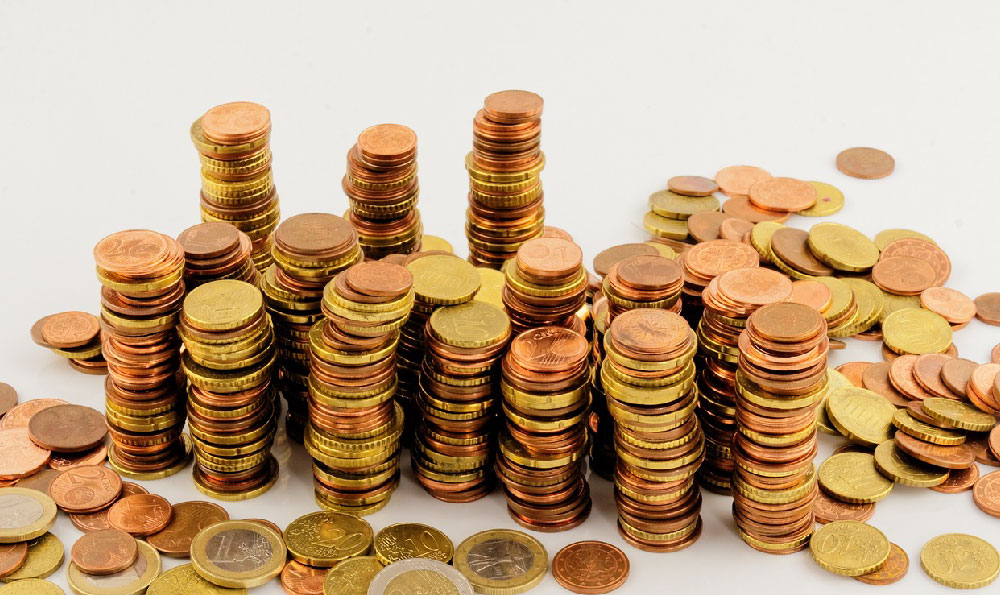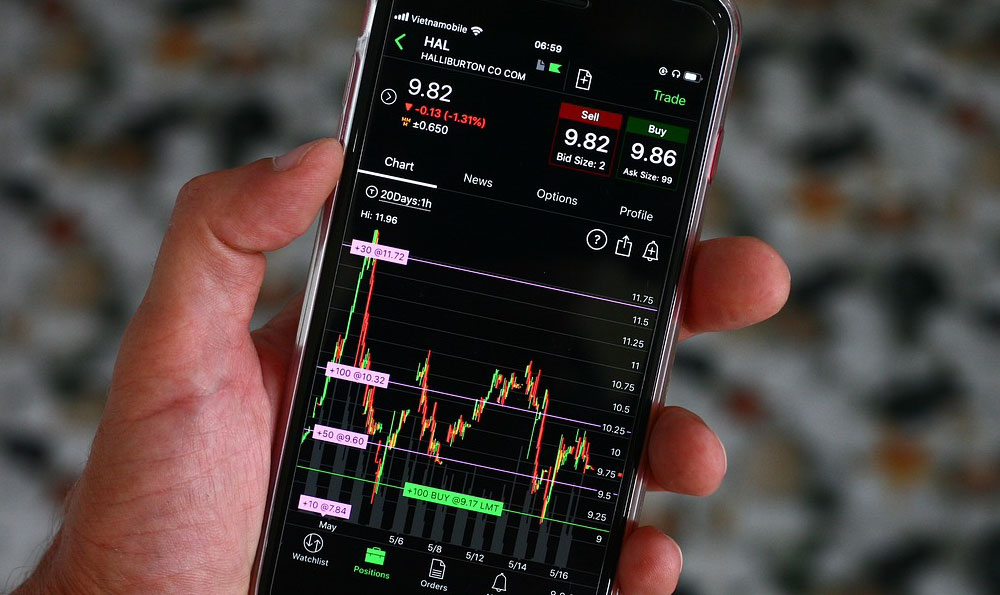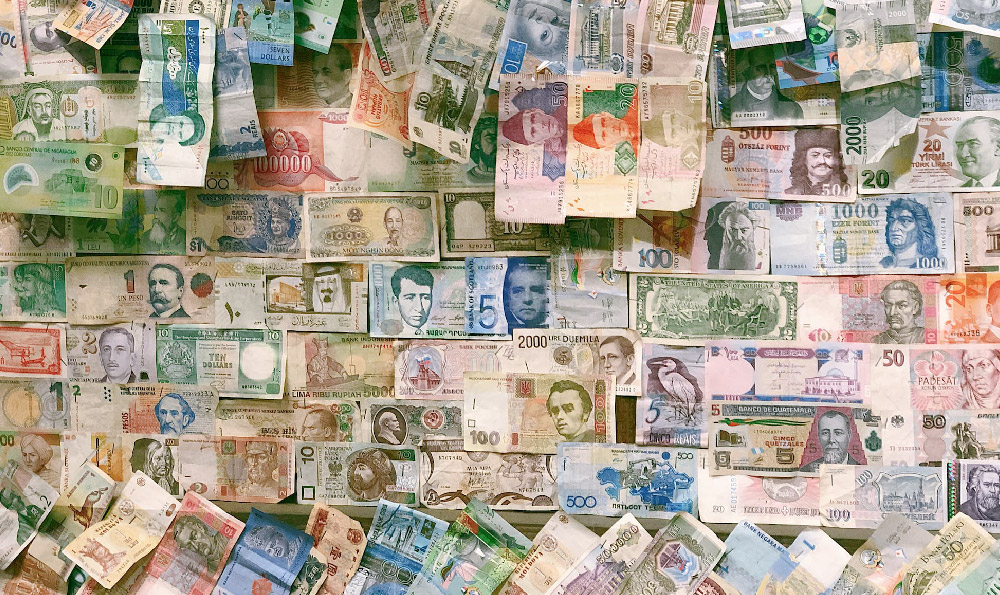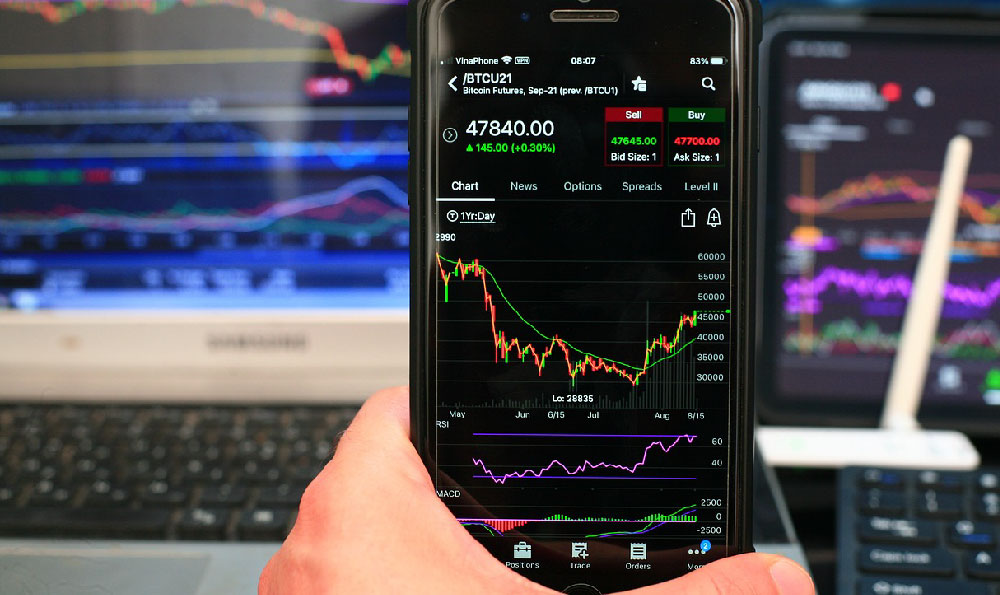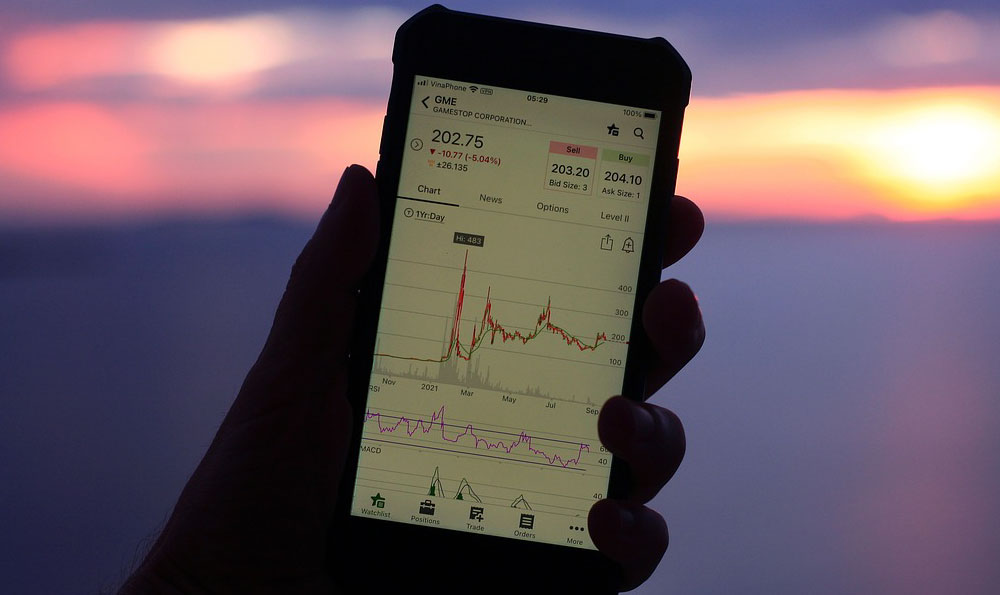Dubai's meteoric rise from a small pearl diving and trading port to a global metropolis and economic powerhouse is a captivating story of vision, strategic diversification, and calculated risk-taking. While oil revenue undeniably played a role, attributing Dubai's wealth solely to petroleum is a gross oversimplification, and critically overlooks the emirate's ingenious long-term planning and entrepreneurial spirit. The question of whether its prosperity can endure is complex, contingent on continued adaptation and navigation of evolving global economic landscapes.
Initially, oil discoveries in the late 1960s did provide a significant boost to Dubai's economy. However, unlike some of its neighbors, Dubai recognized the finite nature of this resource and consciously avoided becoming entirely reliant on it. The ruling Al Maktoum family understood that long-term stability and prosperity required a more diversified economic base. This understanding became the cornerstone of Dubai's development strategy.
The early oil revenue was strategically reinvested into developing critical infrastructure. This included building the Jebel Ali Free Zone, a massive port and industrial area that offered businesses tax incentives and streamlined regulations. This became a magnet for foreign investment and trade, transforming Dubai into a major logistical hub for the region. The construction of a world-class airport, Emirates Airline, and a network of highways further enhanced its connectivity and appeal as a business destination.

Dubai's visionary leaders recognized the potential of tourism early on. Recognizing the need to stand out from other regional destinations, Dubai embarked on ambitious projects aimed at creating iconic landmarks and luxury experiences. The construction of hotels like the Burj Al Arab, the Palm Jumeirah artificial islands, and the Burj Khalifa (the world's tallest building) captured global attention and positioned Dubai as a must-visit destination. These projects, while sometimes criticized for their environmental impact and potential over-reliance on tourism, proved remarkably successful in attracting a steady stream of visitors and investment. Tourism became a major contributor to Dubai's GDP, supporting a vast network of hotels, restaurants, shopping malls, and entertainment venues.
Furthermore, Dubai actively cultivated a reputation as a safe, stable, and business-friendly environment. This was particularly attractive to businesses and individuals seeking a haven from political instability and economic uncertainty in other parts of the Middle East and beyond. The government implemented policies that encouraged foreign ownership, reduced bureaucracy, and fostered a culture of innovation. This created a conducive environment for entrepreneurship and attracted a diverse range of businesses, from financial institutions to technology startups.
The real estate sector played a crucial role in Dubai's economic expansion. The rapid development of residential and commercial properties attracted significant foreign investment and fueled economic growth. However, this sector has also been prone to boom-and-bust cycles, highlighting the importance of careful regulation and risk management.
Finance has also become a key pillar of Dubai's economy. The Dubai International Financial Centre (DIFC) has emerged as a leading financial hub in the Middle East, attracting major international banks, asset management firms, and insurance companies. The DIFC provides a regulatory framework that is aligned with international standards, making it an attractive location for financial institutions operating in the region.
Looking ahead, the question remains: can Dubai's economic success be sustained? The answer is cautiously optimistic, but requires ongoing vigilance and adaptation.
Several factors could potentially challenge Dubai's future prosperity. Global economic slowdowns, fluctuations in oil prices, and geopolitical instability could all negatively impact its economy. The over-reliance on tourism and real estate makes Dubai vulnerable to external shocks and cyclical downturns. Furthermore, increasing competition from other emerging economies in the region could erode its competitive advantage.
To ensure long-term sustainability, Dubai needs to continue diversifying its economy, investing in innovation and technology, and addressing environmental concerns. The government's focus on developing a "knowledge-based economy" is crucial. This involves investing in education, research and development, and attracting talent in emerging fields such as artificial intelligence, biotechnology, and renewable energy.
Embracing sustainability and addressing environmental concerns is also vital. Dubai faces challenges related to water scarcity, energy consumption, and waste management. Investing in renewable energy sources, promoting water conservation, and implementing sustainable urban planning practices are essential for mitigating these risks and ensuring a sustainable future.
Furthermore, Dubai needs to strengthen its regulatory framework and improve transparency to mitigate risks associated with financial instability and corruption. Diversifying investment sources and reducing reliance on short-term speculative capital are also important for promoting long-term stability.
The emirate must also continue to foster a welcoming and inclusive environment for expatriates, who make up the vast majority of its population. Ensuring fair labor practices, providing access to education and healthcare, and promoting social cohesion are essential for attracting and retaining talent.
In conclusion, Dubai's journey from a humble trading post to a global metropolis is a testament to the power of vision, strategic planning, and entrepreneurial spirit. While oil revenue provided an initial boost, it was Dubai's ability to diversify its economy, invest in infrastructure, and create a business-friendly environment that truly propelled its growth. However, the future of Dubai's prosperity is not guaranteed. To ensure long-term sustainability, the emirate must continue to adapt to changing global economic conditions, invest in innovation, address environmental concerns, and foster a welcoming and inclusive environment for all. By doing so, Dubai can solidify its position as a leading global hub and continue to thrive for generations to come.


